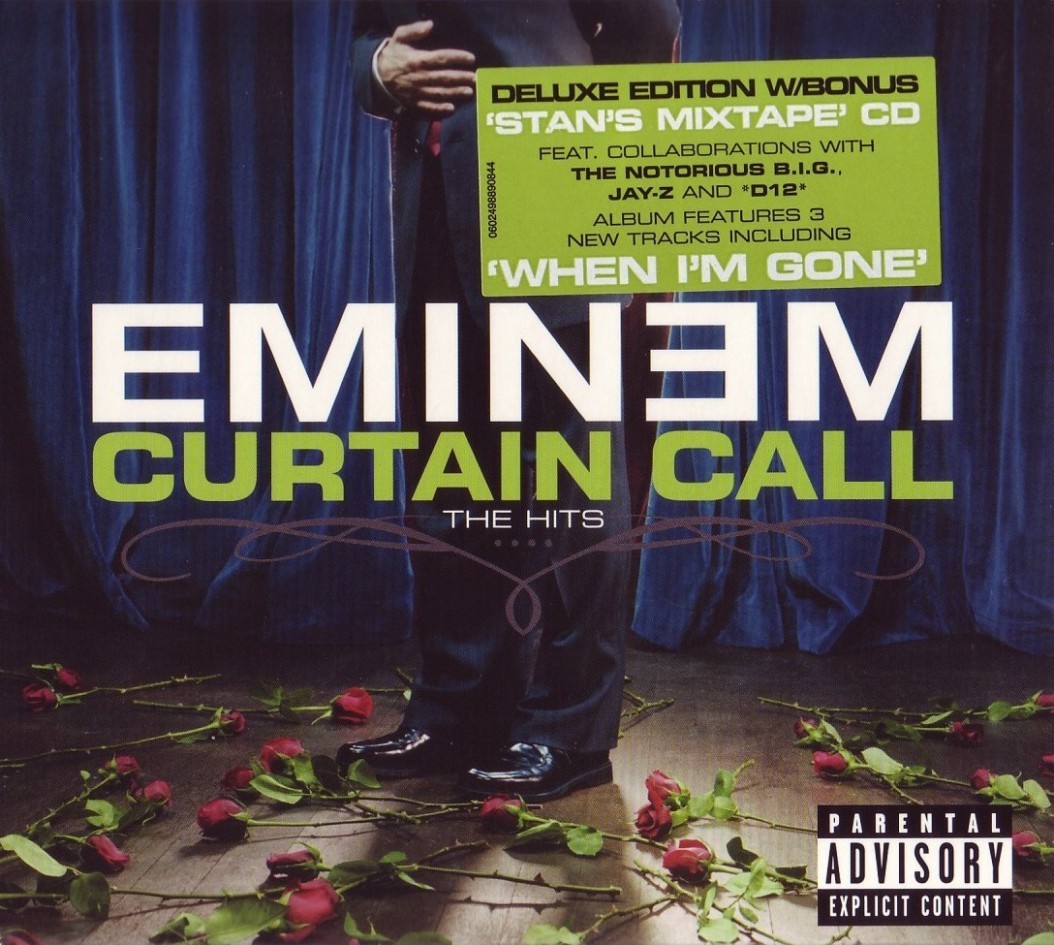One of our first lessons this year in Marketing 296 was the marketing adds value. In the context of the holiday seasons, this should be a statement about Christmas spirit fuelled by the engines of consumerism, but the forces that be (i.e. the ones mentioned in my previous blog post) do not seem to be generating better Christmas spirit. I would argue in fact, that somehow, instead of increasing the glory and appreciation of festivity, markets have conventionalized them. The classic argument against Hallmark and their holiday greeting cards being part of the capitalistic machine is an old one, and while I do plan on drawing on some of its merits, this post is about summations.
Doing a video project on Rogers (in which we analyzed the market environment and made recommendations accordingly) inescapably drew my attention to the constant difficulty of identifying target markets; a task that an old marketing instructor in high school said in his one substitute lesson with my class was the real key to marketing strategy; namely, that a plethora of factors, events, and information is constant, but the only real tool a marketer has in analysis is people. Marketing is just as much about analyzing the world and deciding how to paint a picture as it is about identifying which parts of the world to analyze, and where the next significant theoretical analysis will arise. On a whole, with Christmas celibacy in the back of our minds, I find it increasingly important that the 21st century consumer and marketer alike be trained to focus; turning off our cellphones at appropriate times and being generally dedicated to what’s at hand scales with exponential benefits. This apparently holds true at any stage in a life cycle of fulfillment: even if we choose to, as a contemporary god of marketing Steve Jobs suggests, never look at marketing research again in our lives, this fundamental takeaway of focusing on the right essentials has been an obvious part of doing well in any marketing textbook or success story.

Eminem’s iconic album “Curtain Call” is an intriguing example of defying conventionality; as the curtain on this term is drawn, and reflecting like this artist here on how I have tried to break the mold, I’ve noticed myself doing best when I un-divide my attention. Maybe it gets more complicated (I wouldn’t doubt it), but it’s the best I have now!

